
Research
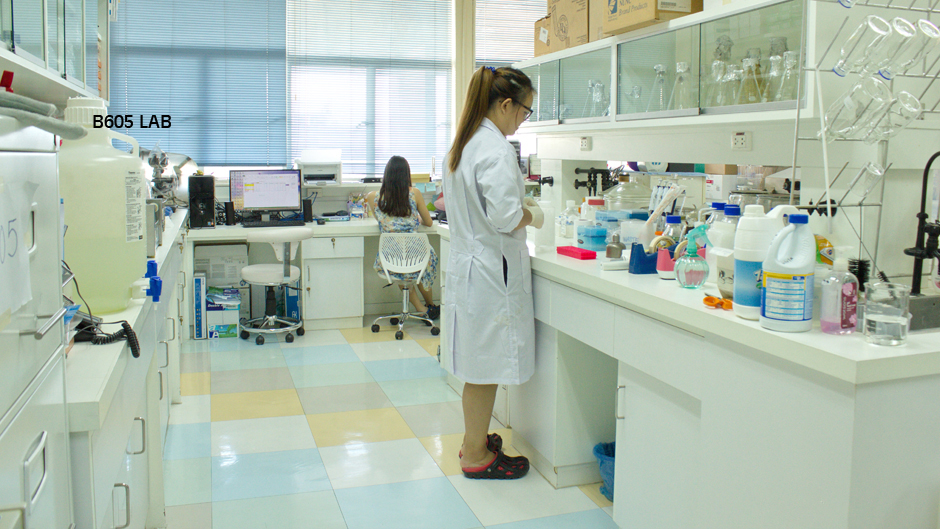
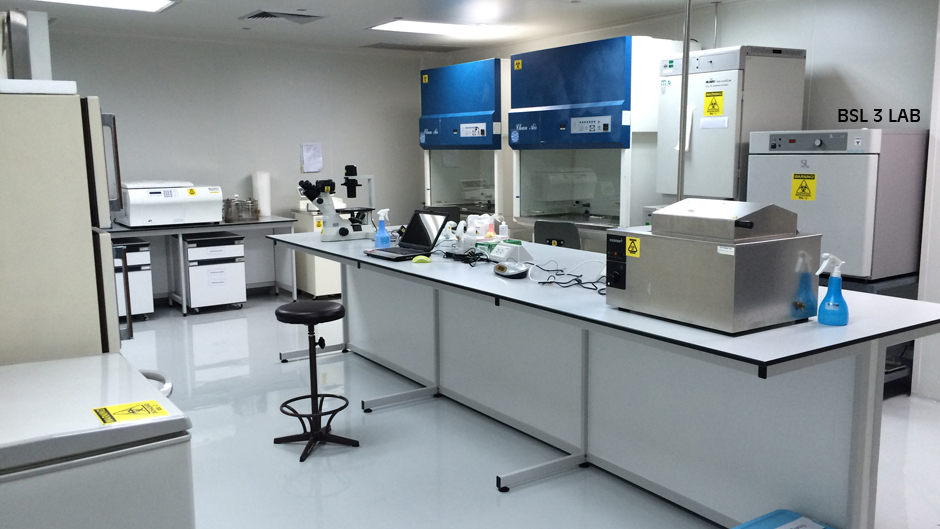
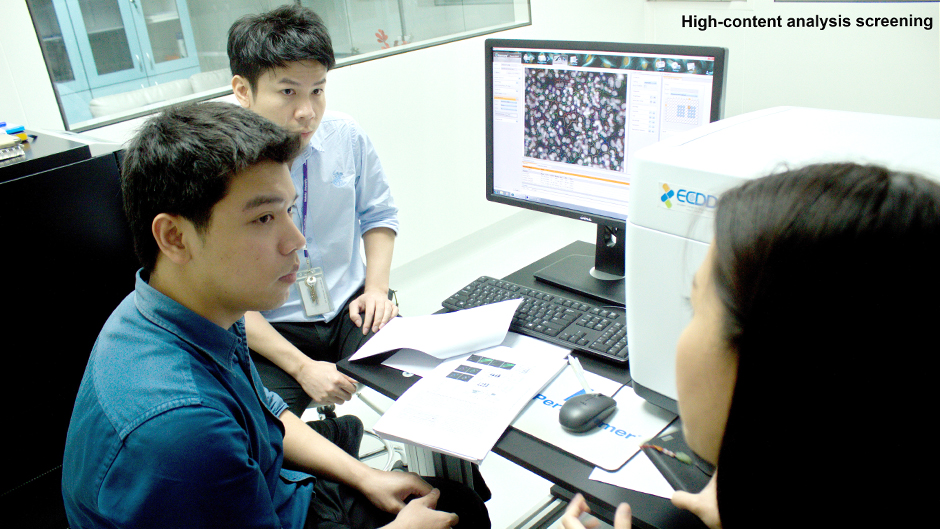
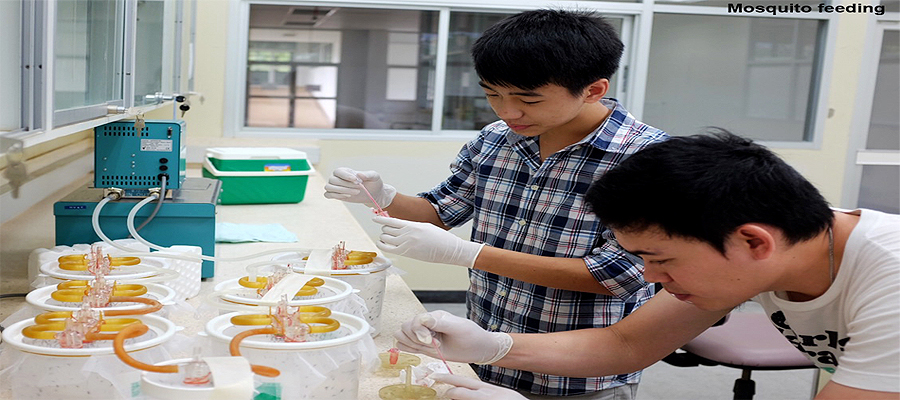
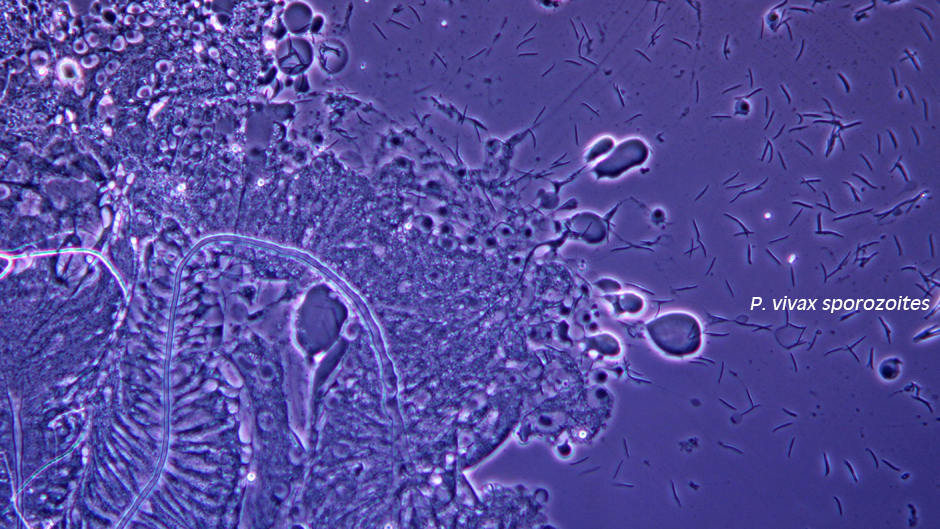
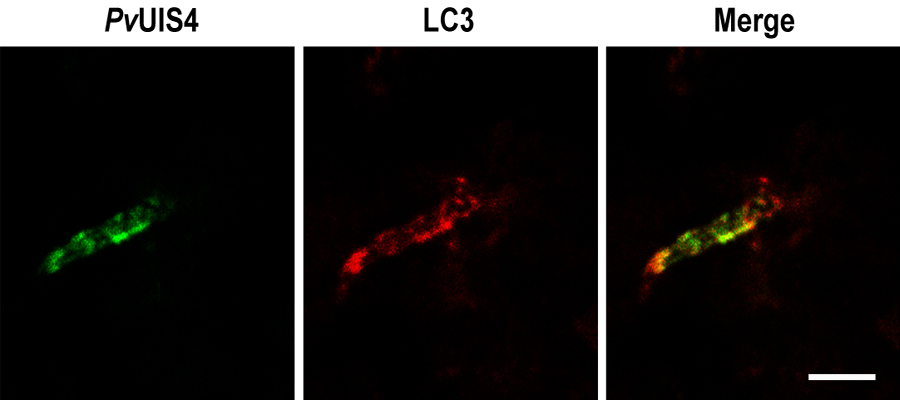
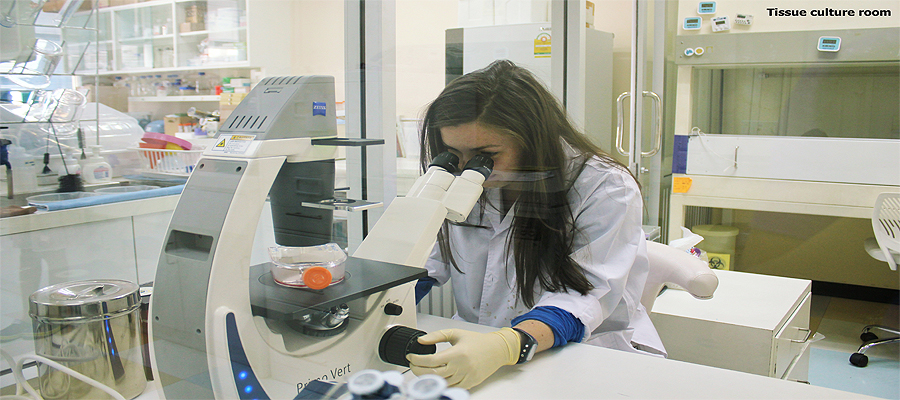
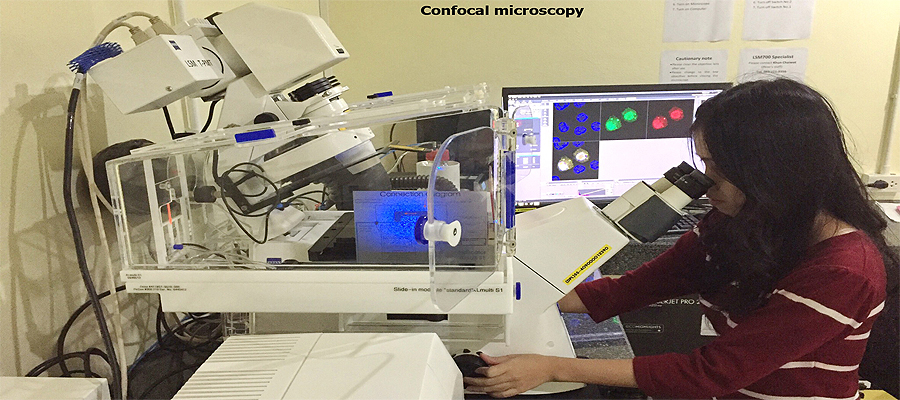
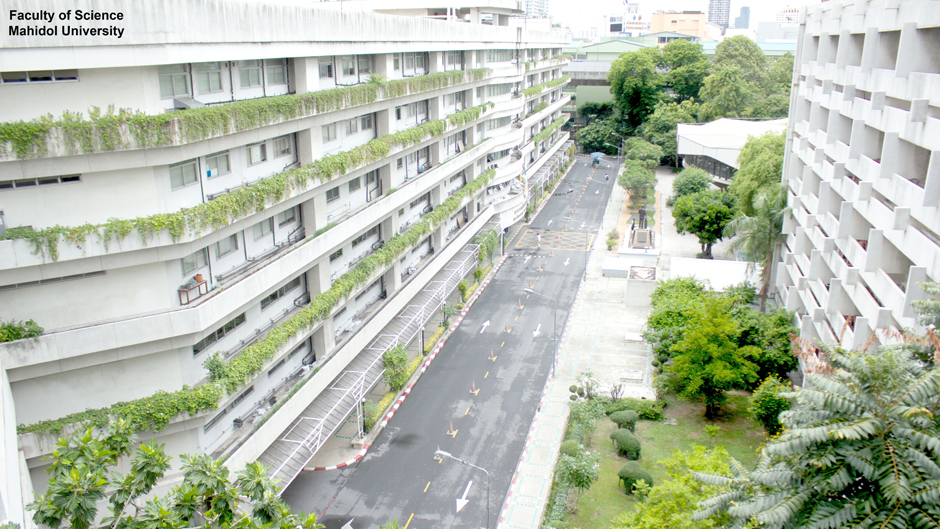
Autophagy is a conserved cellular process in eukaryotic cells for the recycling of unwanted cytosolic constituents such as defunct organelles and protein aggregates in order to maintain cellular metabolism and homeostasis. Defects in autophagy have been linked to several diseases including cancer, neurodegeneration and diabetes. In addition, autophagy has been shown to play important roles in host immunity against infections. Autophagy functions in the direct engulfment and destruction of intracellular bacteria, parasites and viruses. Additional functions include antigen presentation of microbial and host antigens, control of inflammation, and immune cell survival and homeostasis. Our lab is studying autophagy process and its roles in infectious diseases of global importance. Our goals are to understand how autophagy is regulated during infections, how host cells employ this pathway to fight against infections and control inflammation, and how certain pathogens evade autophagic restriction by host cells or even subvert this pathway for their own benefits. We are currently using the human malarial parasite Plasmodium vivax, the bacterium Mycobacterium tuberculosis, and the Dengue virus infections as our study models.